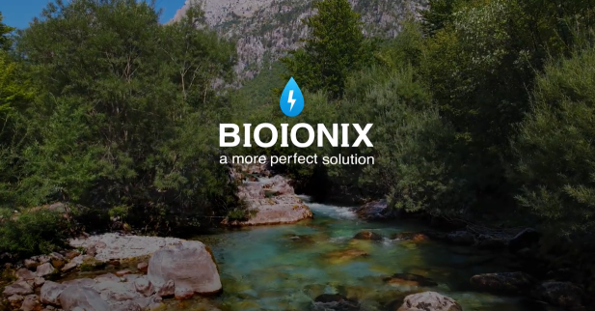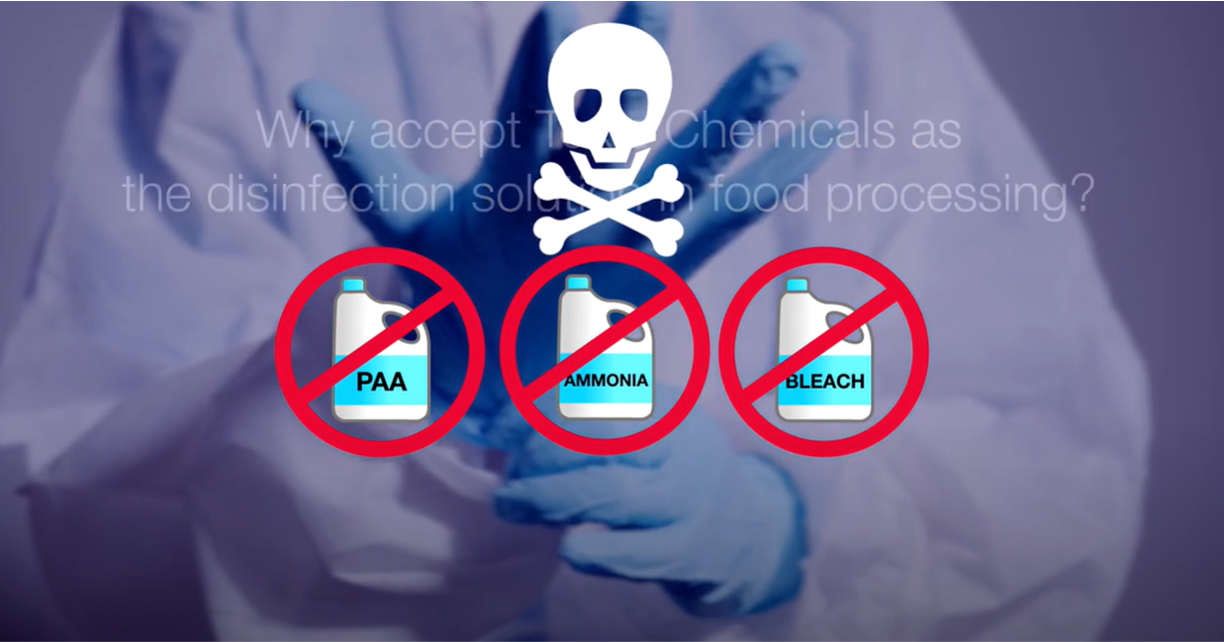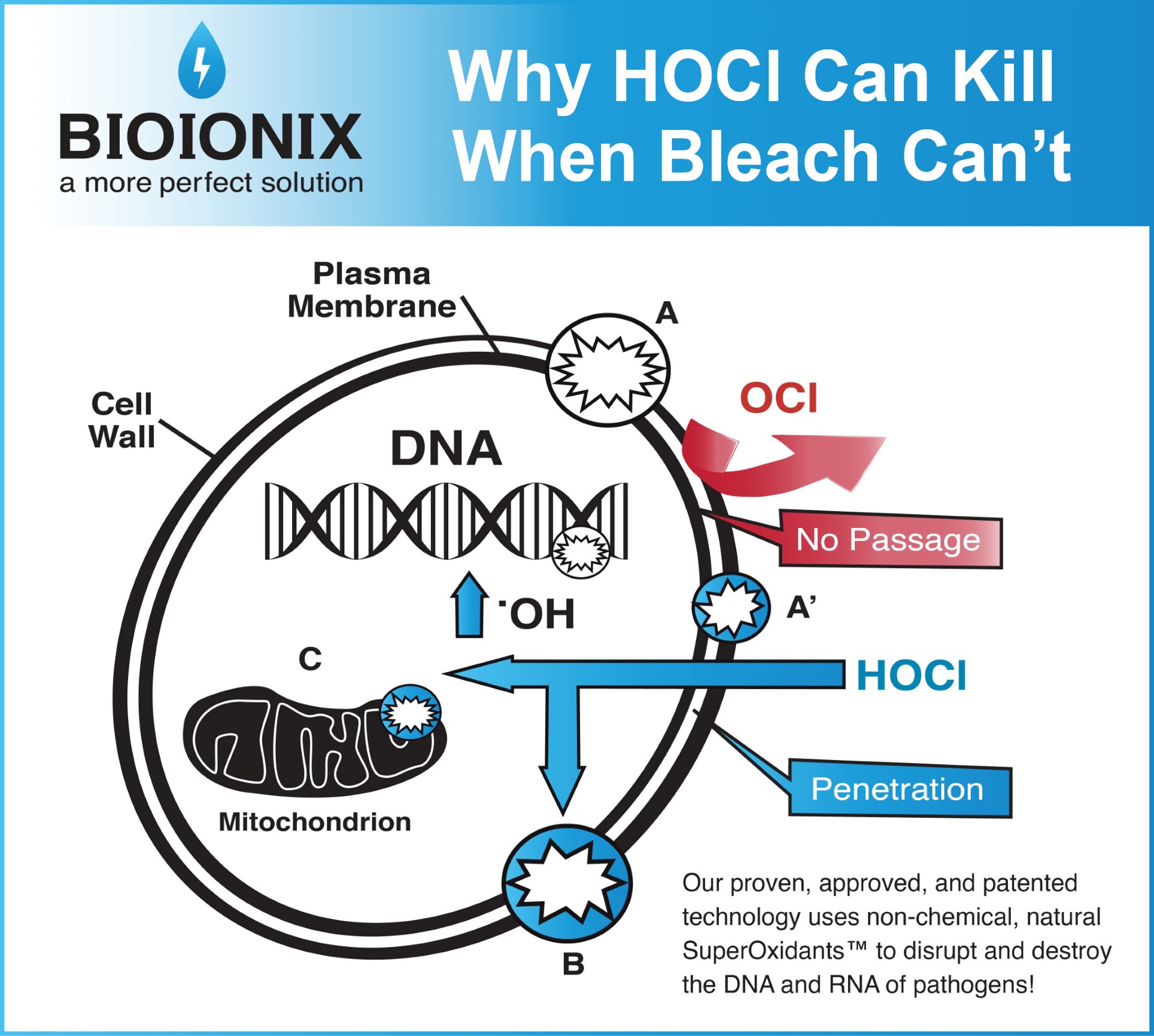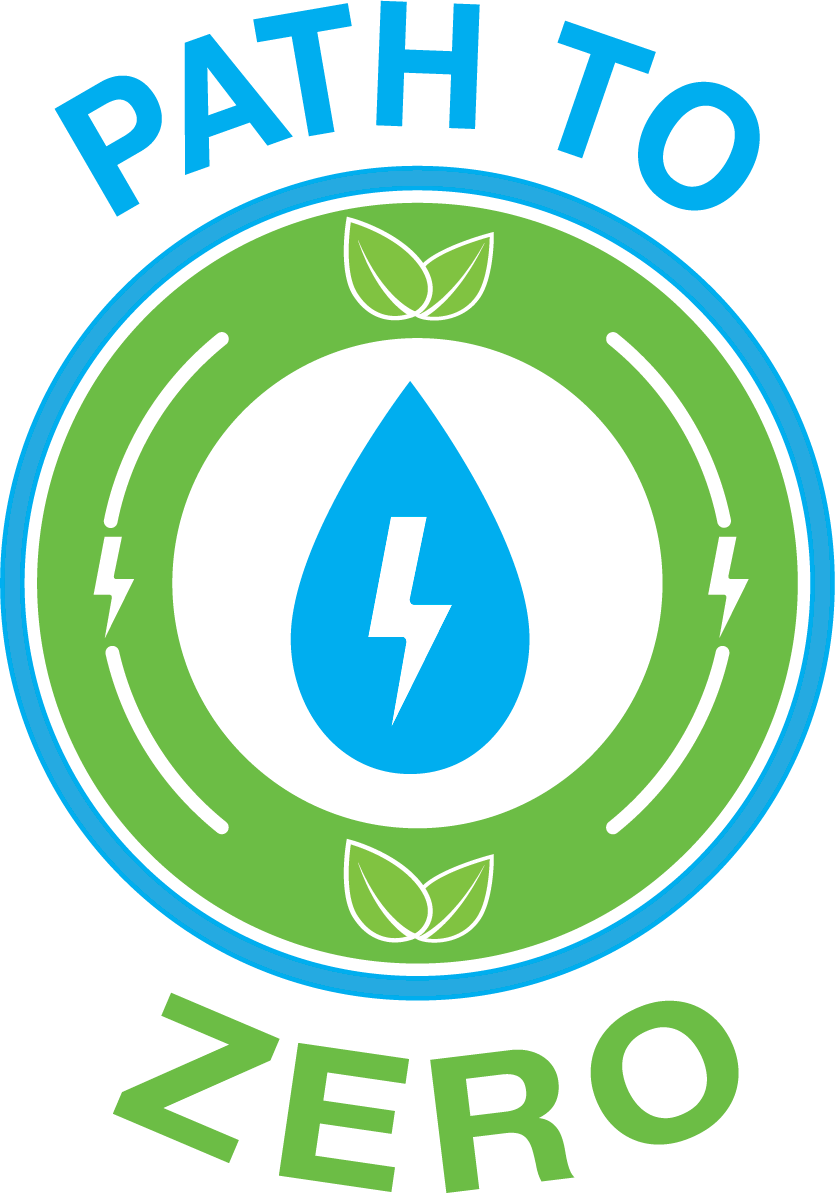What happens when you start eliminating toxic chemicals from your food plant?
Learn about the Chemical-Free Solution
What’s the Harm of using Toxic Chemicals?
Many of the toxic chemicals used in food processing (like Peracetic Acid, Ammonia, Bleach, and others) not only compromise the food quality but also the safety of the employees working in the plants and have devastating effects on the planet. However, these same toxic chemicals have long been the standard for food safety to eliminate harmful pathogens like Ecoli, Salmonella, Listeria and others. Now, there’s not only a more effective way – but a safer way — to eliminate these pathogens from our food supply. It’s time for a change and we’re hopeful time for a movement “the Path to Zero Chemicals.”
The Dangers of the Toxic Chemicals – Bleach, PAA and Ammonia
Health Risks: Exposure to skin can cause burns and blindness. Exposure to these toxic chemicals in air causes immediate burning of the eyes, nose, throat and respiratory tract and can result in blindness, lung damage or death.
Food Quality Risks: Chemicals can compromise food quality like taste, texture, color/appearance.
Equipment Risks: These corrosive chemicals cause wear and tear on equipment, damage to drains.
Harm to Planet: These toxic chemicals require special requirements for disposal, like flushing with tremendous amounts of water to dilute. Water is our most-valued resource and the main one that many companies are being charged to save. Many food processors also face fines for disposal or have to ship truckloads of polluted water to disposal sites.
The cost in dollars is great, but the cost to employees and consumer perception is priceless.









